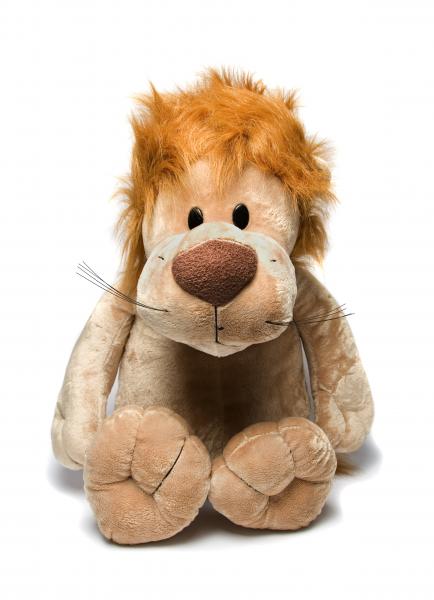
Learning Language Is Child's Play
September 26, 2013
Routines Calm Turbulence of Family LIfe
October 3, 2013
Zach sits at his assigned table, waiting patiently for apple juice to be poured for him and his tablemates. On the tiny plate in front of him, a handful of pretzels and a half cheese stick await. Everyone, including Zach, must wait to begin eating until they are all served, and the students responsible for snack delivery have returned to the table. Waiting is hard for Zach.
His stomach and eyes say, “Now!” but he knows the routine and will wait for Thomas to return to the table before he begins. At home, Zach’s parents follow similar procedures to reinforce what his preschool frames as practicing self-regulation skills. Zach’s mom and dad are divorced, but both have committed to trying to follow through with similar practices regarding meals, clean-up routines, sharing, and other tasks that require regulation of behavior, thinking, and emotions.
From infancy, humans begin the process of developing self-regulation skills, but most need to be refined. Practice, or intentional use of self-regulation such as Zach’s patient waiting, or stopping play to clean up toys when mom or teacher ask for example, help to move the task from practice to automatic as the process is internalized. Internalization can happen very quickly for some children, and much more slowly for others. Self-regulation refers to several complicated processes that allow children to appropriately respond to their environment (Bronson 2000). Children who struggle with acquiring self-regulation skills may later be diagnosed with ADHD, or have other executive dysfunction.
Fast-forward fourteen years. Zach is now a high school senior. Zach’s mom, Debra, reports that those early practices appear to have paid off. In preschool, Zach struggled with impulsivity and emotional control when asked to transition, but Debra firmly implemented self-regulation practices and stayed the course. She also worked to get Zach’s buy-in and feedback as much as possible. “Today, you couldn’t ask for a more ‘thoughtful’ kid,” says Debra. “He is well organized, juggles his things between two households, keeps an impeccable calendar, and makes very wise choices in his day-to-day dealings with peers and adults. I don’t have to hover over him about getting homework done; he knows what he has to do, and he does it. I can honestly say, I think he is ready for college next year. He shows me this everyday in how he conducts his life. The work we did during those preschool and early elementary years was critical to this process.”

To learn more about developing self-regulation, and other executive function skill building, check out the books Raising A Self-Disciplined Child, Smart But Scattered, and Late, Lost and Unprepared, which deal directly with these critical topics. Springer also conducts parent education classes that will provide you with great information, advice, and practical strategies.
Blogger Barbara Hunter, MEd, shares her expertise in the use of technology to support learning. If you have questions, please contact Barbara at .



